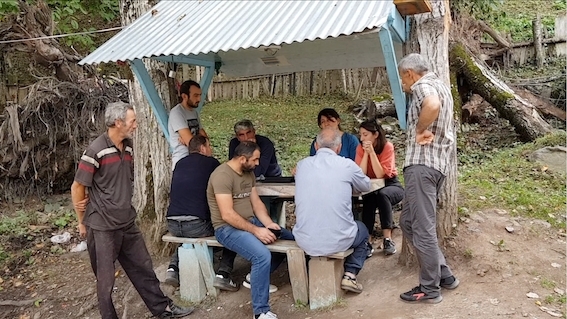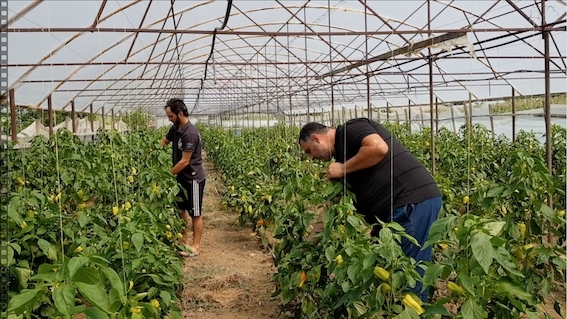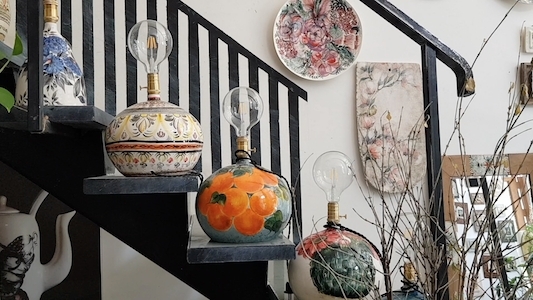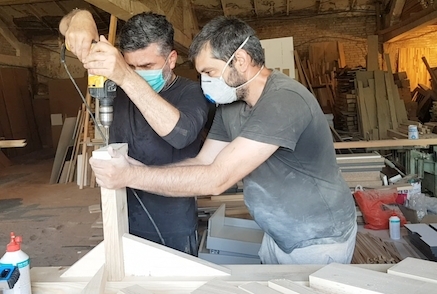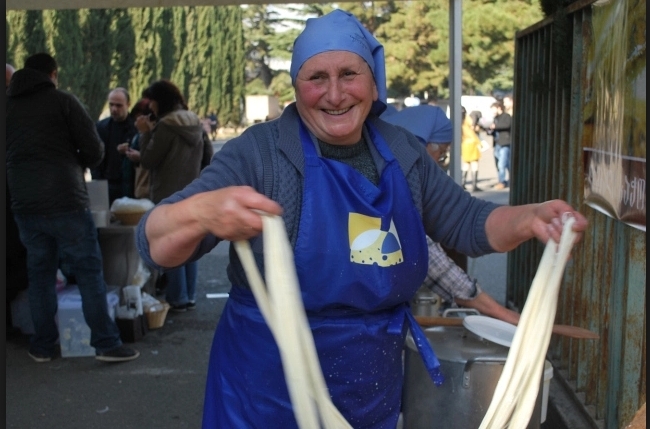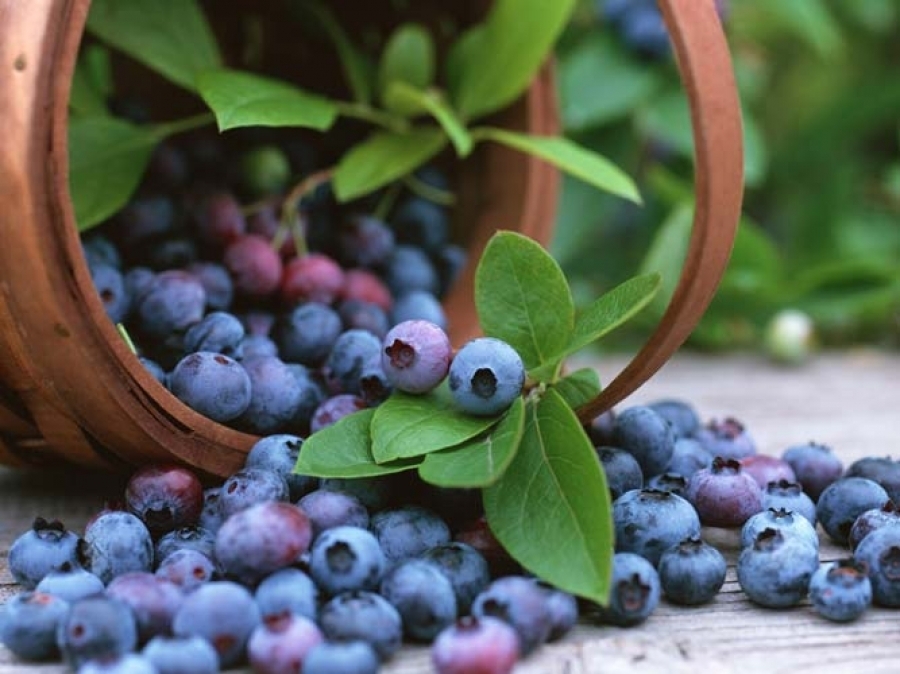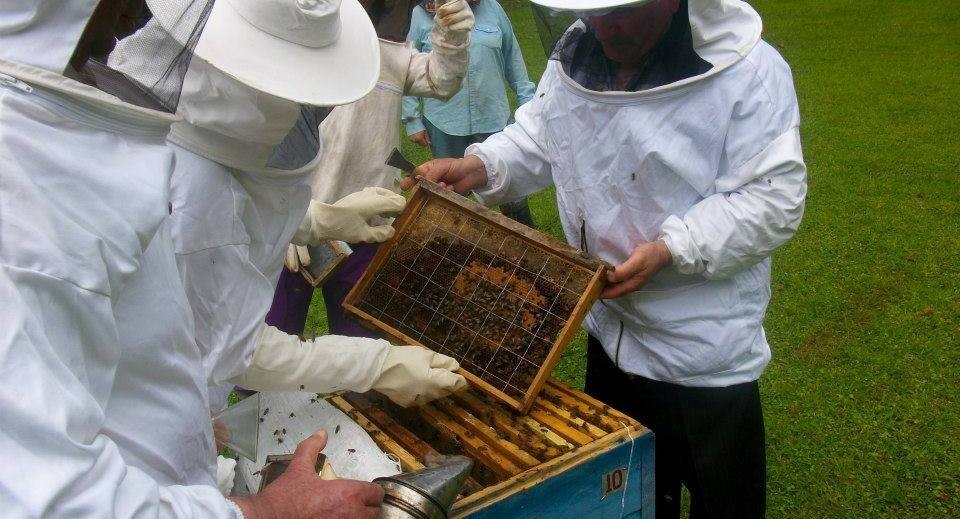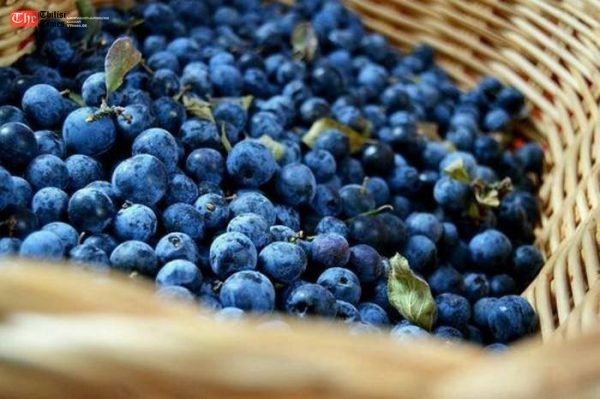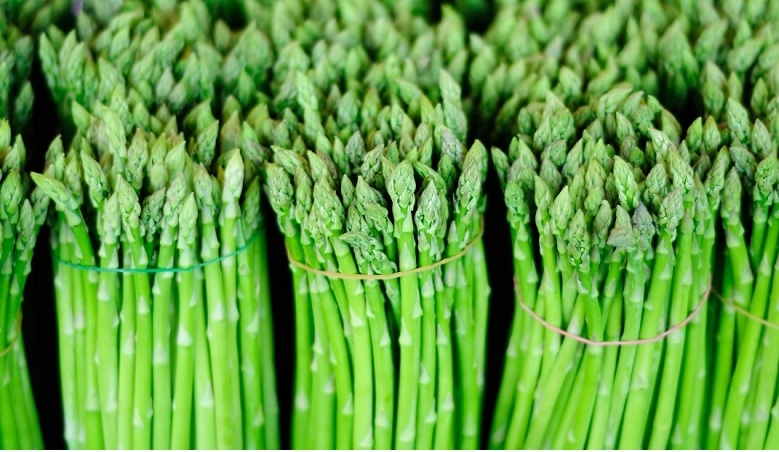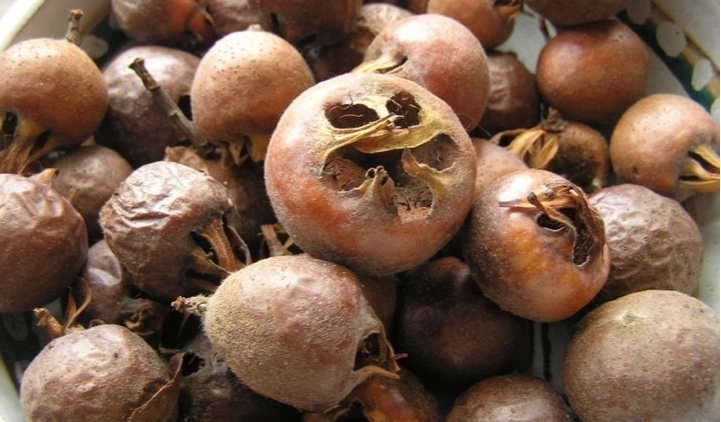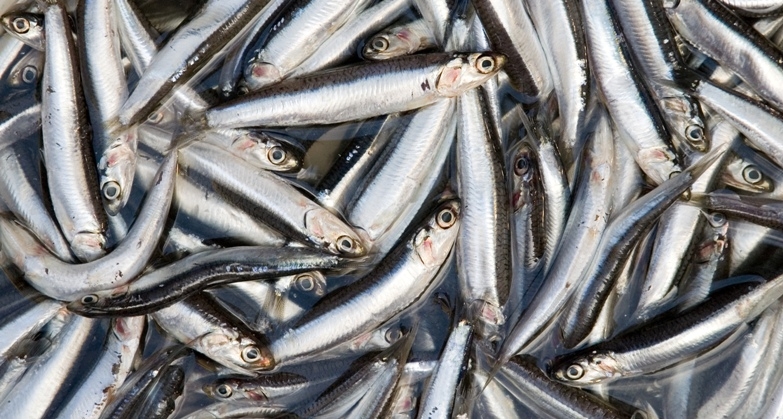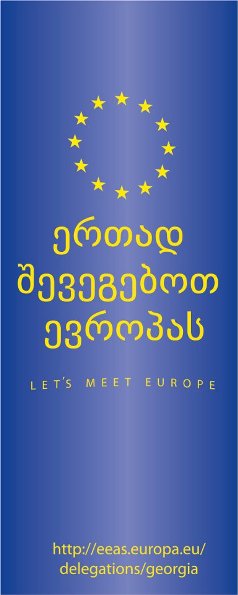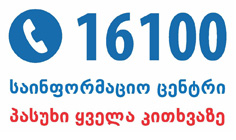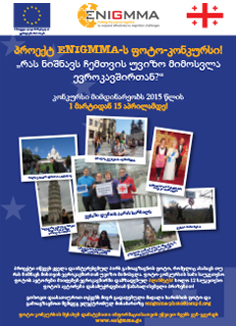Georgian Qvevri Wine is Successfully Sold in Europe
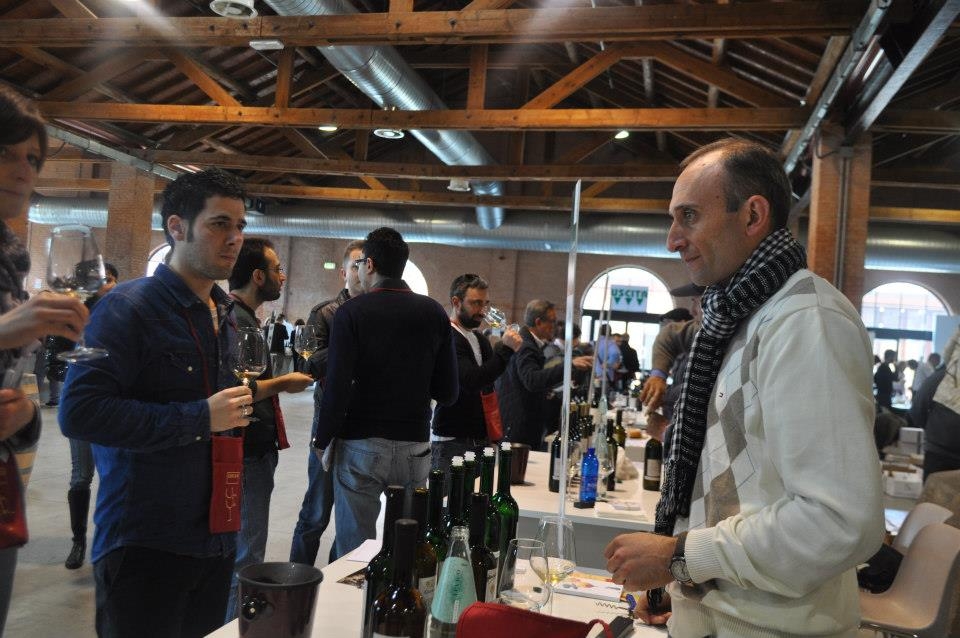
"The EU market has a huge advantage. First and foremost it is stability. European market is a developed market with profound and well established rules. Russian market on the other hand lacks this kind of cohesion. Few rules that exist there are often subject to changes. Most importantly, this kind of instability is damaging for the producers.”
"The first batch of wine was exported to Denmark in 2006, which was later followed by England, France, Italy and Sweden. Furthermore, Iago’s Wine is sold in the United States and Japan as well. The price of one bottle of wine in my cellar is 8-10 USD, however, the cost is higher in European and American stores. “Iago’s Wine is not sold in supermarkets and it can only be found at specialized shops and wine bars. In France and Italy specialized stores offer it for 21-22 EUR and the price is twice as much in restaurants and bars" - says Iago Bitarishvili. He owns two hectares of vineyard in the village Chardakhi and produces wine according to the Georgian traditions in the Qvevri with Chacha. Iago’s wine harvest for 2014 has been already sold out.
- “My ancestors have cultivated 1 ha of vineyard, while I have taken additional 1 ha on lease. I do not buy grapes, as I only use grapes from my vineyard becauseI do not have a guarantee that the quality of grape will be the same as of those from my vineyard. Furthermore, I do not use chemical fertilisers in the vineyard. Hence this is an organic agriculture. Harvest is not much but of high quality - up to 5 tons are harvested from 1 ha vineyard. We produce 3000 bottles of wine each year. While those who do not use organic farming produce 10-15 tons of grapes per 1 ha and accordingly, relatively more wine.

- Why did you decide to produce wine? Did you do some research regarding the demand for this type of wine, or was it just a successful experiment?
- I cannot say that I did something new. Wine making is practiced by many Georgian families. As for the decision of producing organic wine, I thought it would be a novelty to our market. At first I did not expect that my wine would be sold in France and Italy. Then I found out that there is more to Georgian wine than I have previously thought. Qvevri technology and organic wines served their purpose. However, I cannot say that the success came on its own, as it was the result of a hard work. Organic wine was on demand at a time; I did not look for customers, as I did not have the means to travel. In 2006 the representative of Italian company ‘Velier’, Luca Gargano, arrived in Georgia together with a renowned sommelier. They were looking for organic wines andthey selected a total of three wines to take back to Italy, and one of them was mine. Organic wine market is not very large; everybody knows each other. Thus, after Mr. Gargano’s visit, English and French customers became interested as well.
- For the products to enter the EU market, it is necessary for them to comply with very strict standards. Are you bottling wine yourself? How did you meet the requirements of the EU market?
- A lot of requirements must be met for wine and especially organic wine to enter the EU market. America and Japan have strict standards as well. It is not easy to gain access to other country’s market but when you do the work with love, and not only just for the commercial purposes youget high quality results in everything you do.
Everyone who was interested in the Georgian Qvevri wine personally visited me, saw my vineyard, wine cellar; and consequently, we started a relationship. The client will not buy organic wine only after wine examination. He should know how the winemaker looks after the vineyard, the process of making wine he is interested in all the details. He cannot decide to buy the product only after wine examination, as it is not a big wine company.
Do the Georgian wine producers have the potential to enter the organic wine segment? What can they offer to wine market and wine gourmets?
Entering the world market of wine is very difficult task; even big companies find it hard to enter this market because competition is high. In fact, there is an excessive wine production. Nevertheless, this market is very homogeneous. Winemakers basically apply the same technology. Furthermore, there is not a big variety of species used in the production of wine. In order to have a good sale, it is not enough to just have a good wine. The wine is sold not only for its quality, but for its history as well. A good wine should be accompanied by its story. It is important to let customers know that Georgians have a8000–year-old history of winemaking, and despite many hardships, it was never hindered.
Qvevri wine became popular in Georgia as well; more and more people in Kakheti, Kartli regions and other parts of Georgia are making wine using this method. When I started producing wine, people did not use Qvevri, as there were no customers. As of now, it is hard to find Qvevri and if you do get it, it costs a fortune. Qvevri winemaking became popular not only in Georgia - my French friend, who is a famous winemaker, took two Qvevris, and currently makes wine according to the Georgian customs. He produces indeed remarkable wine.
We have indigenous Georgian wine sorts that are different from other countries. I do not claim that they are the best, but they are very diverse. This diversity creates an interest ofwine degustation. Lately, small wine makers have started to use these diverse sorts of wine, which is exactly our potential. Indigenous sorts of wine and use of Qvevri is a good precondition for consolidating our positions on the market of organic wines. We are small country; therefore, we cannot compete with large wine producers like Australia or Chile when it comes to making large quantities of cheap wine. We should decide which market segment we want to occupy: produce large quantities of cheap wine or produce less but more expensive wine.
Bio products are becoming more and more popular in the developed countries. Many customers consider that natural products are more beneficial. This kind of organic wine is sold in the bars that give preference to the natural products. The demand for the organic wine is steadily rising without dropping the price. In the USA one bottle of the factory wine costs 2-3 USD in the shop, on the other hand the export price of our wine is 10 USD.

- Is it true that this year’s harvest has been already sold?
- In general I have small quantities of wine. When we go to celebrate with my friends, they joke that I never have wine for them. This year’s harvest is practically sold. I have already received orders from my established customers, so there is very few wine left. I want to sell my wine in Georgia as well; therefore, I will also leave some of it for the local shops.
- Is “Iago Wine” sold in Russia?
No, when we started to produce our wine Russian market was closed for Georgian export. Several companies have expressed their interest in our wine but due to the fact that Russian market is very complicated, we are not planning to sell our wine in Russia for now.
- Why do you choose Europe as an export destination for your wine?
- The EU market has a huge advantage. First and foremost, it is stability. European market is a developed market with profound and well established rules. Russian market on the other hand lacks this kind of cohesion. Few rules that exist there are often subject to changes. Most importantly, this kind of instability is damaging for the producers. I have been working with my EU partners for the last eight years and during this period I have never had instances when they imposed additional conditions or demanded new inspections. We share mutual interest in having stable relationship because it is very important for the business.
Manana Vardiashvili

